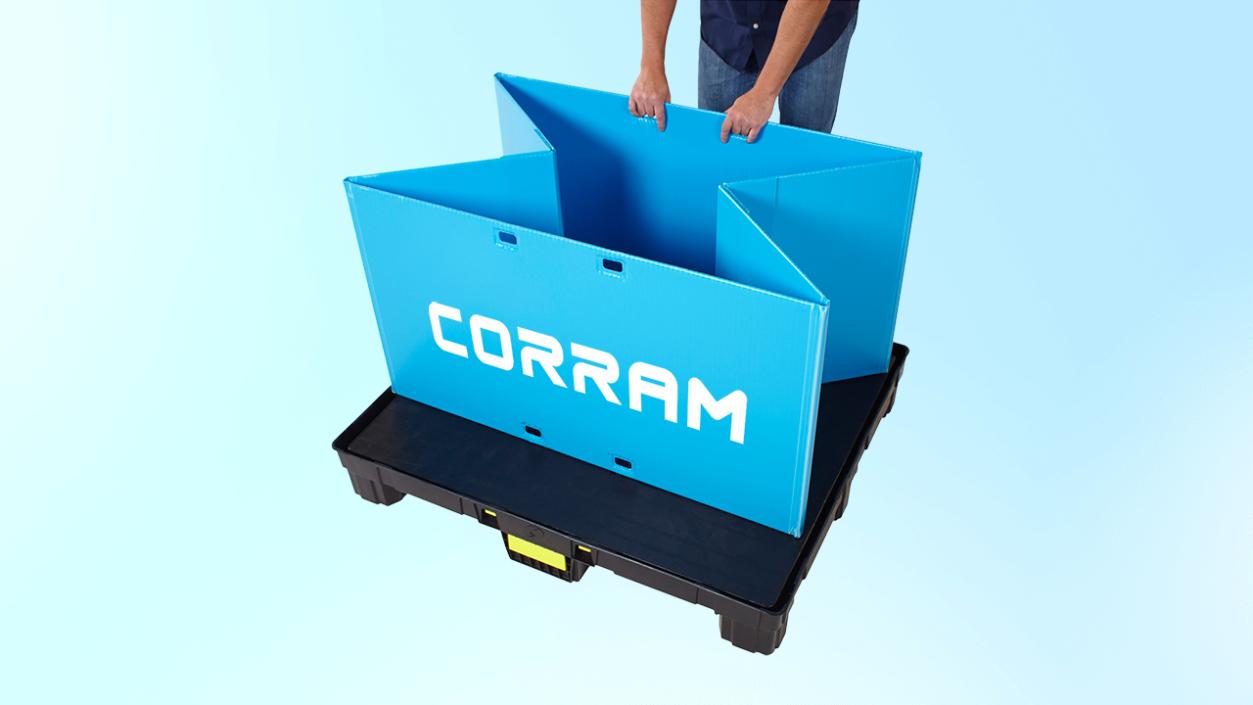How Do I Choose the Right Cargo Insurance Policy?
Cargo insurance is a critical tool for protecting goods during transportation, safeguarding businesses from potential financial losses. Understanding the factors to consider when choosing a cargo insurance policy is essential for ensuring adequate coverage and peace of mind.

Factors To Consider When Choosing A Cargo Insurance Policy:
1. Value Of The Cargo:
- Determine the value of the goods being shipped to ensure adequate coverage.
- Consider factors such as the cost of the goods, any special features, and potential fluctuations in value.
2. Type Of Cargo:
- Identify the type of cargo being shipped, as different types may have specific insurance requirements.
- Consider factors such as perishability, fragility, and hazardous materials.
3. Mode Of Transportation:
- Determine the mode of transportation used for the shipment.
- Consider factors such as the inherent risks associated with each mode (e.g., air, sea, road).
4. Geographic Scope Of Coverage:
- Identify the geographic areas where the cargo will be shipped.
- Consider factors such as political stability, security risks, and local regulations.
5. Duration Of Coverage:
- Determine the duration of the insurance coverage required.
- Consider factors such as the transit time and any potential delays.
Types Of Cargo Insurance Policies:
1. All-Risk Coverage:
- Provides comprehensive protection against a wide range of risks, including theft, damage, and loss.
- Offers the broadest coverage but may come with higher premiums.
2. Named Perils Coverage:
- Covers specific perils or risks that are explicitly listed in the policy.
- Offers a more limited scope of coverage but may have lower premiums.
3. General Average Coverage:
- Covers the insured's share of expenses incurred in a general average situation, such as salvage costs.
- Typically included in all-risk and named perils policies.
Additional Considerations:
1. Deductible:
- Choose a deductible that balances the cost of the policy with the level of risk tolerance.
- Higher deductibles can lower premiums but increase out-of-pocket expenses in the event of a claim.
2. Claims Process:
- Understand the claims process and requirements of the insurance provider.
- Consider factors such as the ease of filing a claim, the speed of the claims settlement process, and the reputation of the insurer.
3. Policy Limits:
- Determine the maximum amount of coverage provided by the policy.
- Consider factors such as the value of the cargo and the potential risks involved.
Choosing the right cargo insurance policy requires careful evaluation of the factors and considerations discussed in this article. By understanding the different types of policies available, the coverage options, and the additional considerations, businesses can ensure they have the necessary protection to safeguard their goods during transportation. Consulting with an insurance professional or broker can provide personalized advice and guidance to help businesses make informed decisions and choose the right cargo insurance policy for their specific needs.
YesNo

Leave a Reply